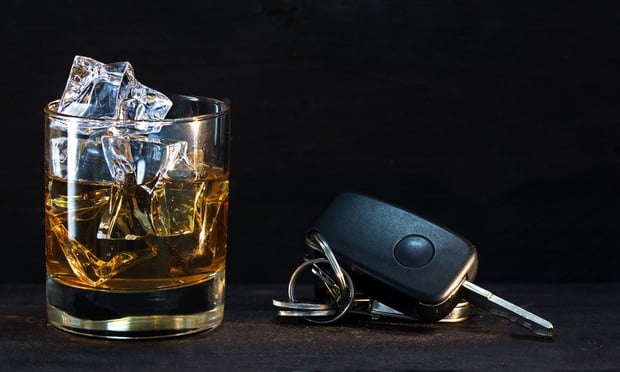 Illinois Casualty moved for summary judgment, arguing that the insurer did not owe the Parks defendants "any duty to defend or duty to indemnify with respect to the underlying lawsuit" under the liquor liability policy issued to Little Daddy's and the businessowners policies for both clubs. (Credit: Maren Winter/Shutterstock.com)
Illinois Casualty moved for summary judgment, arguing that the insurer did not owe the Parks defendants "any duty to defend or duty to indemnify with respect to the underlying lawsuit" under the liquor liability policy issued to Little Daddy's and the businessowners policies for both clubs. (Credit: Maren Winter/Shutterstock.com)
A liquor liability exclusion precluded any duty for an insurer to defend a suit in which an injured motorist claimed a bar had negligently allowed a customer to become inebriated, the Indiana Supreme Court decided. The case is Ebert v. Illinois Cas. Co., No. 22S-PL-8 (Ill. June 16, 2022).
Recommended For You
Want to continue reading?
Become a Free PropertyCasualty360 Digital Reader
Your access to unlimited PropertyCasualty360 content isn’t changing.
Once you are an ALM digital member, you’ll receive:
- Breaking insurance news and analysis, on-site and via our newsletters and custom alerts
- Weekly Insurance Speak podcast featuring exclusive interviews with industry leaders
- Educational webcasts, white papers, and ebooks from industry thought leaders
- Critical converage of the employee benefits and financial advisory markets on our other ALM sites, BenefitsPRO and ThinkAdvisor
Already have an account? Sign In Now
© 2025 ALM Global, LLC, All Rights Reserved. Request academic re-use from www.copyright.com. All other uses, submit a request to [email protected]. For more information visit Asset & Logo Licensing.








